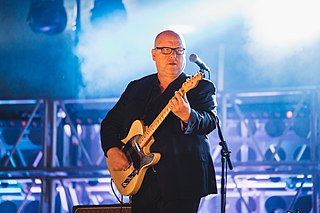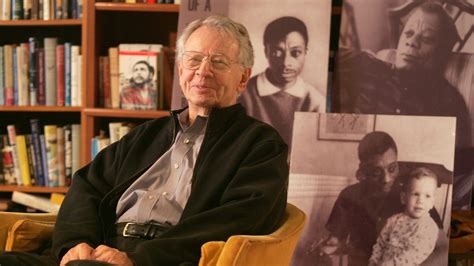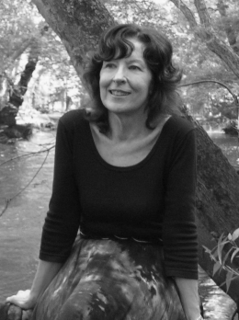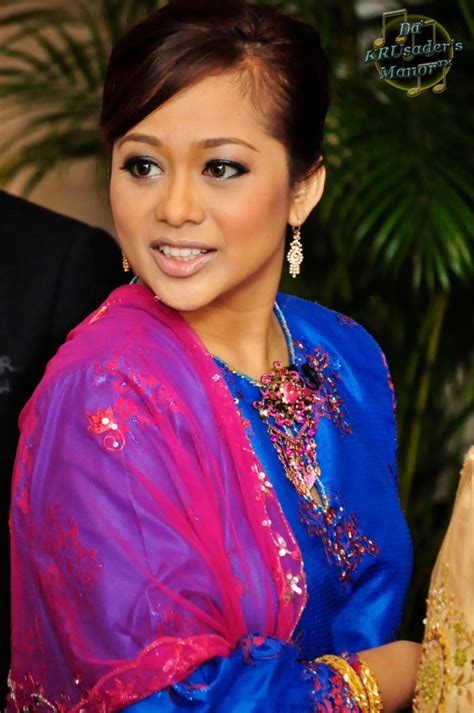A Quote by Michael Connelly
I trust the readers to build their own visual images. To me, that's part of the wonder of reading.
Related Quotes
The less you offer, the more readers are forced to bring the world to life with their own visual imaginings. I personally hate an illustration of a character on a jacket of a book. I never want to have someone show me what the character really looks like - or what some artist has decided the character really looks like - because it always looks wrong to me. I realize that I prefer to kind of meet the text halfway and offer a lot of visual collaborations from my own imaginative response to the sentences.
I've spent my life capturing beautiful images. And whether in wilderness or in the downtown of a giant city, I find connections, universal rhythms, patterns and beauty that I recognize as a part of me, a part of all of us that celebrates life. It's my great pleasure to share with you that energy which inspires me; this great visual beauty of our world.
I often hear people say that they read to escape reality, but I believe that what they’re really doing is reading to find reason for hope, to find strength. While a bad book leaves readers with a sense of hopelessness and despair, a good novel, through stories of values realized, of wrongs righted, can bring to readers a connection to the wonder of life. A good novel shows how life can and ought to be lived. It not only entertains but energizes and uplifts readers.
What Warcollier demonstrated is compatible with what modern cognitive neuroscience has learned about how visual images are constructed by the brain. It implies that telepathic perceptions bubble up into awareness from the unconscious and are probably processed in the brain in the same way that we generate images in dreams. And thus telepathic “images” are far less certain than sensory-driven images and subject to distortion.
My favourite stuff is visual, and I always want to work with visual artwork. I think it depends on the person, but for me, photographs of an image of something interesting or inspiring is worth a lot more than words to me. I think every concept I've come up with and turned into films or that will be hopefully become a film comes from images first.
I am myself a professional creator of images, a film-maker. And then there are the images made by the artists I collect, and I have noticed that the images I create are not so very different from theirs. Such images seem to suggest how I feel about being here, on this planet. And maybe that is why it is so exciting to live with images created by other people, images that either conflict with one's own or demonstrate similarities to them.
I feel that historical novelists owe it to our readers to try to be as historically accurate as we can with the known facts. Obviously, we have to fill in the blanks. And then in the final analysis, we're drawing upon our own imaginations. But I think that readers need to be able to trust an author.
By believing that only some of our students will ever develop a love of books and reading, we ignore those who do not fall into books and reading on their own. We renege on our responsibility to teach students how to become self-actualized readers. We are selling our students short by believing that reading is a talent and that lifelong reading behaviors cannot be taught.
Trust, like love, is a word that has great power Everybody deserves their own space, in their own time. You are even entitled to keep secrets. But it is not secrets that destroys things, suspicion does. For it may take many years to build trust, sometimes.. all it takes is suspicion, you don't even need proof to destroy trust. So, if you say you can trust someone, you're admitting to something that is even greater than love. Trust, like love, is a word that has great power.


































